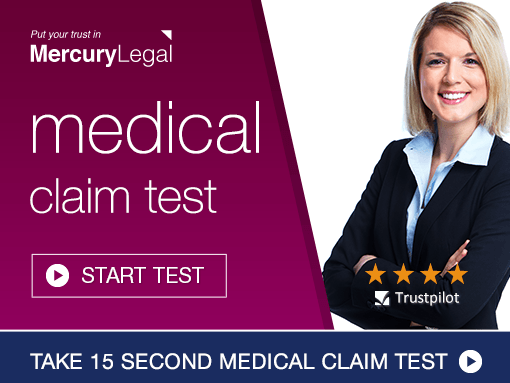Diagnosis of Weil's Disease
How is Weil's Disease diagnosed?
How Is Weil’s Disease Diagnosed?
Mild cases of Leptospirosis – the bacterial infection that can go on to develop into Weil’s Disease – can be very tricky to diagnose due to the symptoms being easily confused with other conditions, such as the ‘flu, whereas Weil’s Disease itself is easier to diagnose because the symptoms can be far more severe.
In order to make a diagnosis your doctor is likely to start by asking you a series of questions about your health in general and your medical history. They will then most likely ask if you have recently travelled, particularly to anywhere tropical or sub-tropical (Weil’s disease is much more common in warmer parts of the world than it is in the UK).
They will inquire as to whether you have taken part in any water sports such as kayaking, canoeing, fresh-water swimming, even sailing on fresh-water lakes.
They will ask if you have come into contact with any fresh water during activities such as fishing, canal-boating or pond-dipping.
They will also ask you about your occupation; in particular whether that involves working with or around animals or animal products, or working in places that might have been infested by rats, mice or populated with other animals such as cows, pigs or even dogs.
Blood tests can be carried out to identify if the bacteria are present in the bloodstream, and
urine tests may be used to see if there are any signs of infection or the bacteria within the body’s waste products. These tests are often carried out over the course of the suspected infection so as to monitor the body’s reaction.
If needs be the doctor might send you for tests including Chest X-rays and ultrasound tests to identify if the infection has spread, and the affect it is having on different organs. In cases where meningitis is suspected, a lumbar puncture (where fluid is drawn from the spinal cord) may be carried out.
In order to diagnose Weil’s Disease as an industrial or occupational disease; i.e. one that you can claim compensation for, there must be a clear link to the job you perform, or the location in which you carry out your duties. If it can be proved that the infection was picked up as a result of your work, then it is likely you will be eligible to make a claim.
Employers have a duty of care for their employees and that includes ensuring that all suitable preventative measures are put in place to avoid injury or illness as a result of workplace activity.
Contact us today for free, no obligation advice regarding your Weil’s Disease claim – either by calling us free on 0800 122 3130, or by requesting a free call back, whereby one of our team will contact you at a time of your choosing to discuss your situation. When you contact us you are under no obligation to continue with the case unless you wish to do so.
We’re here to help – contact us today.

Claiming For Your Weil’s Disease
Free Legal Advice
If you are unsure whether you can claim compensation for a Weil’s Disease as a consequence of your work environment, then call our personal injury claims team for free for no obligation advice on making a claim. They will ask you some simple questions about your condition, talk to you about what’s happened and can tell you if you have a viable claim for compensation or not. Call us 24/7 on 0800 122 3130.
Latest Weil’s Disease News
Tesco Worker Receives Five Figure Payout After Contracting Weil’s Disease At Work
A Tesco delivery driver has won a five-figure compensation pay-out after contracting Weil’s disease through his job based at the company’s Harlow depot, in Essex.The 42-year-old was fortunate to survive the disease after developing jaundice which turned his skin to a...





